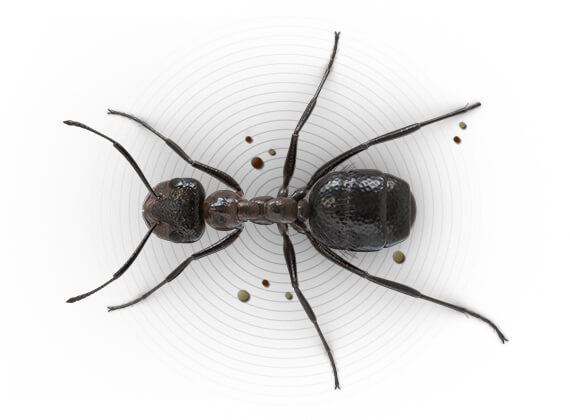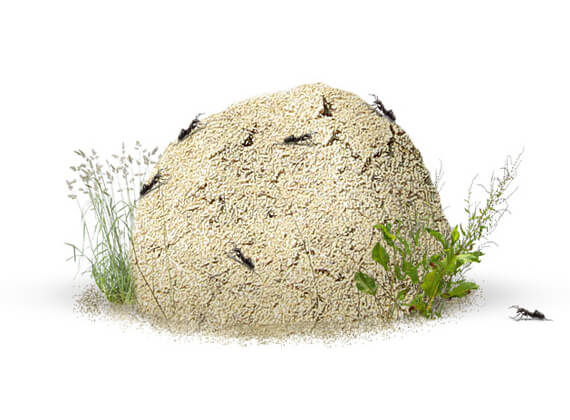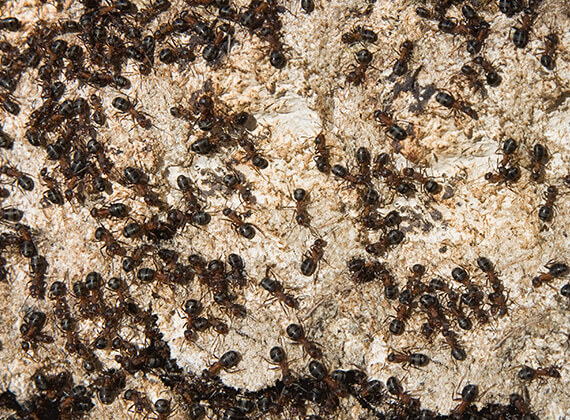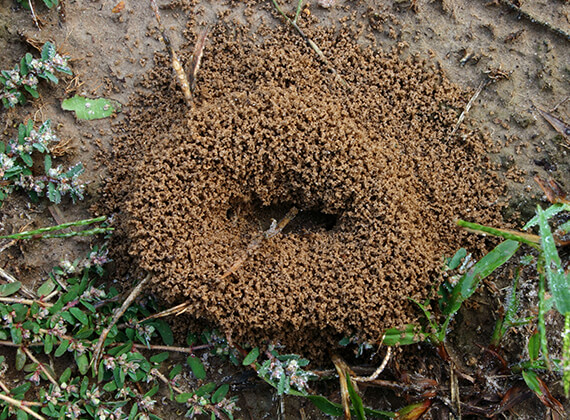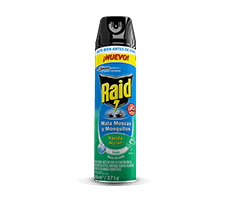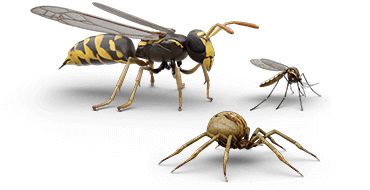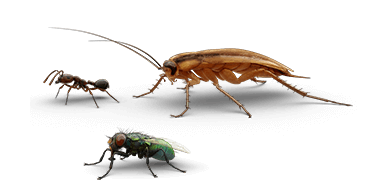Outdoor Mound-Building Ants
Formicidae
-

SIZE
1/8in to 3/8in long
-

COLOR
-

BITE OR STING
No
-

WINGS
No
COMMONLY MISTAKEN FOR
General Information
Mound-building ants excavate the soil to build colonies, which can leave unsightly ant hills (also called ant mounds) on your landscape and kill the surrounding grass. Find out how to help get rid of ants in the yard and keep them from coming indoors in search of a snack.
-
The average life expectancy of an ant is only a few weeks, but the ant colony can live for years.
-
Most species do not sting or directly harm humans or pets.
Details
-
Worker ants excavate the soil to build their colonies under dirt mounds.
-
These ant mounds are located in lawns, mulch areas, and along sidewalks, patios, decks, and the foundation of your home.
-
Food, food spills, and moisture that can be found in sinks, showers, leaky pipes, spills, etc.
-
Ant hills in the yard can be unsightly and they often kill the surrounding grass.
-
Mound-building ants that you see outside may eventually come inside in search of food and water.
To help protect your home and property from ants that build mounds, follow these tips:
-
Remove debris—such as wood, rocks, and stones—that is close to the foundation of your home where ants may build a colony.
-
Caulk any points where ants enter into wall voids, cracks, and crevices including entry points from the outside.
-
Clean up spills, dirty dishes, exposed food, and other things that may attract mound-building ants and bring them inside your home.
